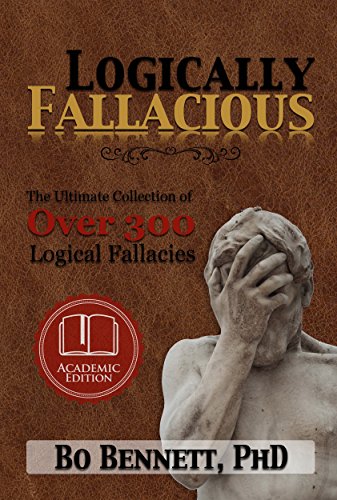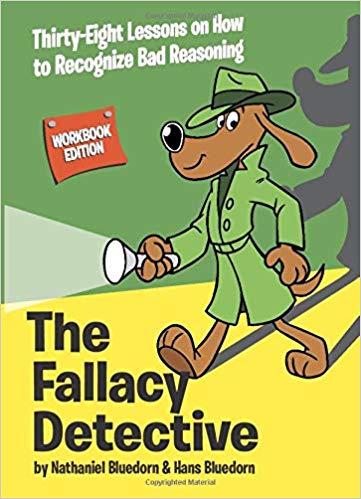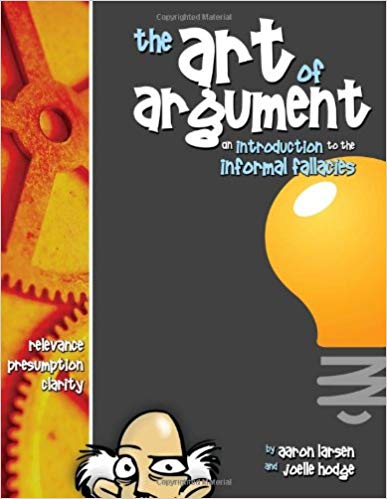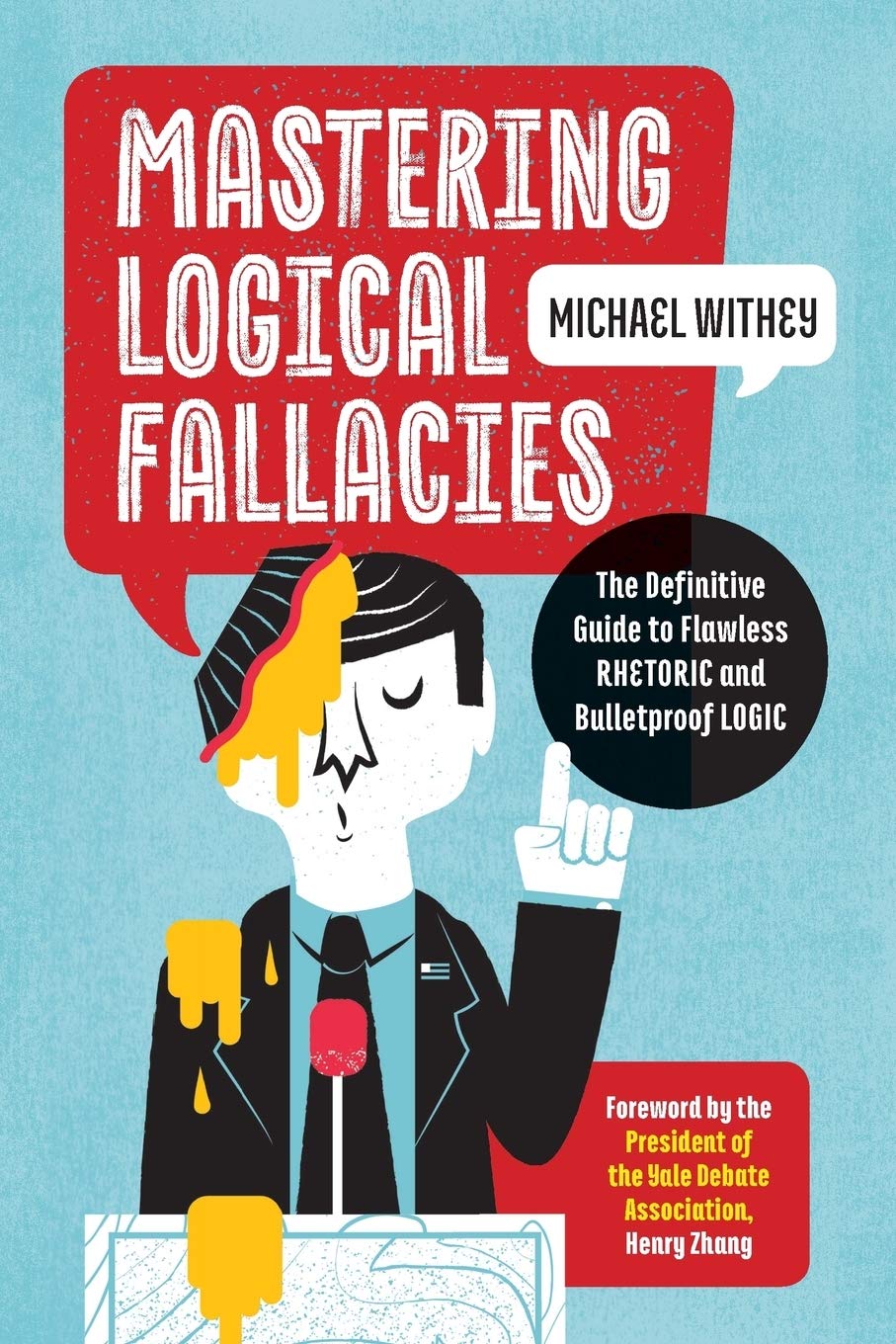Using Socratic Questioning to Expose Logical Fallacies
Socratic questioning is a disciplined method of inquiry that encourages deep thinking, exploration of ideas, and uncovering underlying assumptions. Originating from the Greek philosopher Socrates, this method involves asking a series of open-ended questions to stimulate critical thinking and illuminate logical inconsistencies. When applied effectively, Socratic questioning can be a powerful tool for exposing logical fallacies in arguments. This article will explore how to use Socratic questioning to identify and challenge common logical fallacies.
1. Understanding Socratic Questioning
Socratic questioning involves asking probing questions that challenge assumptions, clarify concepts, and examine the implications of ideas. The goal is not necessarily to win an argument but to encourage a deeper understanding and reveal any weaknesses in the reasoning. This method is particularly effective for exposing logical fallacies, which are errors in reasoning that undermine an argument's validity.
2. Types of Socratic Questions
There are several types of Socratic questions that can be used to expose logical fallacies:
- Clarification Questions: These questions seek to clarify meaning and ensure that all parties understand the argument. Example: "What do you mean by that?"
- Probing Assumptions: These questions challenge the underlying assumptions of an argument. Example: "What assumption is your argument based on?"
- Probing Evidence: These questions examine the evidence supporting the argument. Example: "What evidence supports this claim?"
- Exploring Consequences: These questions explore the potential consequences of a claim. Example: "What would happen if we accepted this argument?"
- Questioning the Question: These questions turn the inquiry back on itself. Example: "Why do you think this question is important?"
3. Using Socratic Questioning to Identify Logical Fallacies
Socratic questioning can help expose logical fallacies by encouraging critical examination of an argument's structure. Below are some common logical fallacies and examples of how Socratic questioning can be used to expose them:
Straw Man Fallacy
The Straw Man Fallacy involves misrepresenting an opponent's argument to make it easier to attack. To expose this fallacy, you might ask:
- "Is that an accurate representation of the original argument?"
- "What evidence do you have that this is what the other person actually believes?"
Ad Hominem Fallacy
The Ad Hominem Fallacy attacks the person making the argument rather than the argument itself. To challenge this fallacy, you could ask:
- "How does the personal characteristic you're mentioning relate to the validity of their argument?"
- "Is it possible to separate the argument from the person presenting it?"
False Dilemma (False Dichotomy)
The False Dilemma Fallacy presents only two options when more exist. To expose this fallacy, you might ask:
- "Are there other alternatives that haven't been considered?"
- "What other options might exist beyond these two?"
Slippery Slope Fallacy
The Slippery Slope Fallacy assumes that one action will lead to a chain of events resulting in a significant impact. To challenge this fallacy, ask:
- "What evidence do you have that one event will inevitably lead to another?"
- "Is there a clear, logical connection between these steps?"
Circular Reasoning
Circular Reasoning occurs when the conclusion is used as a premise without proper justification. To expose this fallacy, you could ask:
- "Can you provide an independent reason for your conclusion?"
- "How does your premise support your conclusion without relying on the conclusion itself?"
Hasty Generalization
The Hasty Generalization Fallacy involves making a broad conclusion based on insufficient evidence. To challenge this fallacy, ask:
- "Is the sample size large enough to support this conclusion?"
- "Have you considered all relevant examples before making this generalization?"
4. Practicing Socratic Questioning
To effectively use Socratic questioning to expose logical fallacies, practice is essential. Engage in discussions with others, actively listen to their arguments, and apply Socratic questions to challenge their reasoning. Over time, you'll develop the ability to quickly identify fallacies and guide discussions toward deeper understanding.
5. Benefits of Socratic Questioning
Socratic questioning offers several benefits in both personal and professional contexts:
- Enhances Critical Thinking: It encourages individuals to think more deeply and critically about their beliefs and arguments.
- Improves Communication: It fosters open dialogue and mutual understanding, leading to more productive conversations.
- Strengthens Arguments: By exposing fallacies, Socratic questioning helps build more robust and logically sound arguments.
Conclusion
Socratic questioning is a powerful tool for exposing logical fallacies and promoting critical thinking. By asking thoughtful, probing questions, you can uncover weaknesses in arguments and guide discussions toward greater clarity and truth. Whether you're engaged in a debate, a classroom discussion, or a casual conversation, Socratic questioning can help you and others achieve a deeper understanding of the issues at hand.

Books About Logical Fallacies
A few books to help you get a real handle on logical fallacies.




